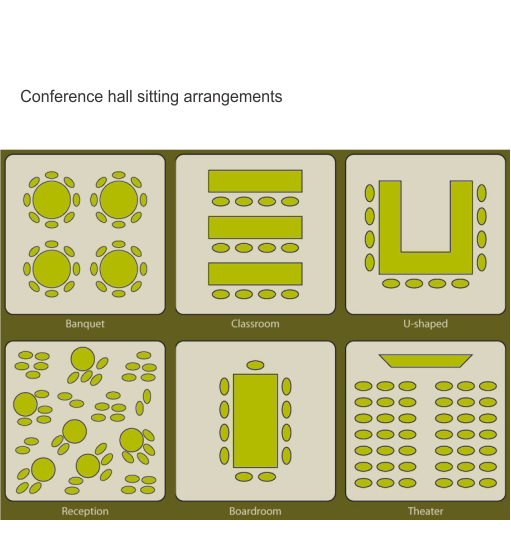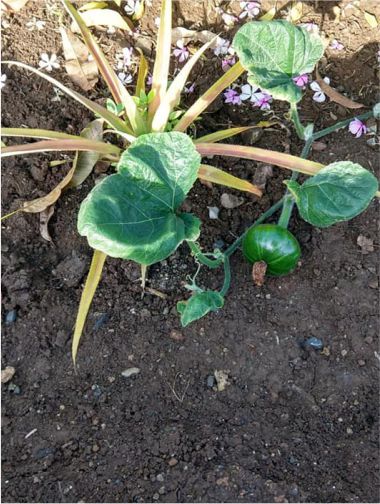Being a predominantly agrarian economy, farming is not an alien activity to our nation. Starting from traditional labour centred farming practices, technology has helped the agriculture sector evolve. Human labour is now replaced extensively by modern machinery and equipment, while organic fertilizers and hybrid seeds (high yielding varieties) have enhanced the quality and quantity of output. These changes have largely been the effect of years of research into farming that brought the harsh negative effects of chemical fertilizers to the front. With rampant use of these, the soil loses its richness, making it less and less viable.
Another concept that has been gaining popularity, primarily in the West, is that of Factory Farms. While traditional farms were seen as family owned and run systems that produced crops; factory farms are almost bordering on these ideas, but with a small twist. These farms, as the name suggest, are output intensive in nature. Working on the mono-crop concept, these farms aim to extract maximum utility from the farming activity and farm animals with a typical industrial thought-process. Here, farming as a way of life is replaced by a profit maximization motive, where any factory such a humanity and compassion are seen as roadblocks to profits. These factory farms are also a strong pressure on the environment, that shoulders the burdens of disturbed ecosystems.


































